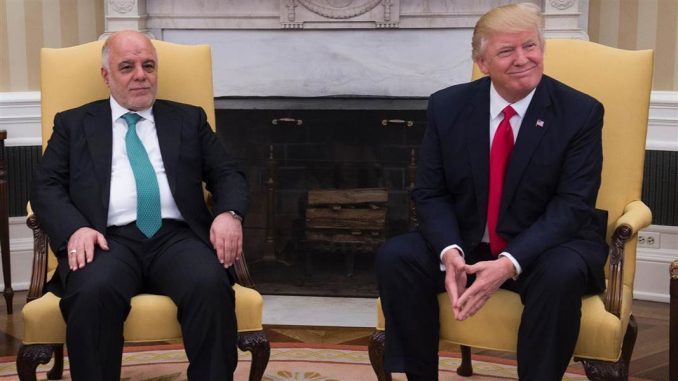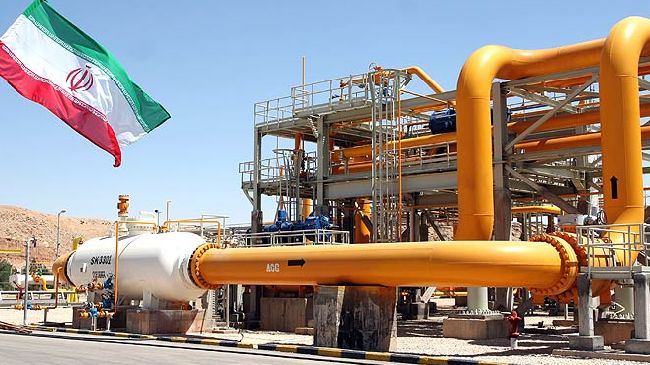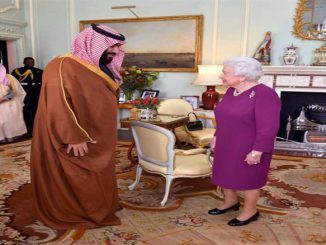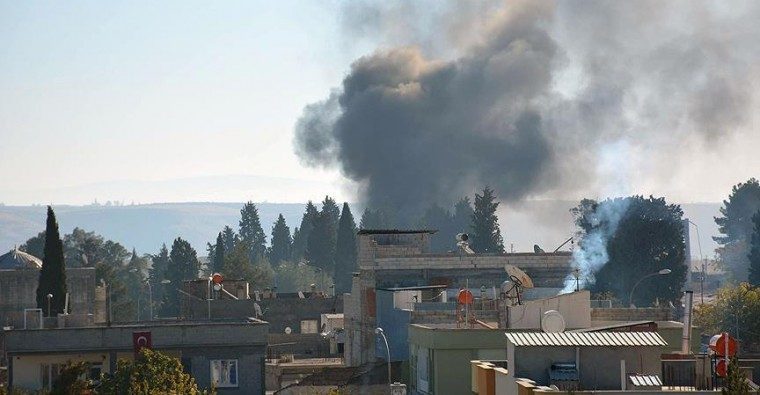
Iraq’s Prime Minister’s visit to the US won assurances of greater U.S. support in fighting Islamic State militants, after Trump’s administration showed interest recently in cooperating with the Iraqi government against both terrorism and Iranian influence.
The US president, Donal Trump, welcomed the Iraqi Prime Minister Haider al-Abadi to the White House for his first meeting since Trump gained power.
Trump said it was a “great honor” to meet the al-Abadi, the 9th foreign leader received by the US president.
Trump praised Prime Minister Haider al-Abadi at the start of their meeting for doing a “good job in fighting ISIS” and said that the United States recognized that the Iraqi soldiers who are pushing to retake the northern city of Mosul were “fighting hard.”
More support for fight against ISIS
At the height of its power two years ago, Islamic State ruled over millions of people in territory running from northern Syria through towns and villages along the Tigris and Euphrates river valleys to the outskirts of Baghdad in Iraq.
However, ISIS’s territory is shrinking rapidly since last year as the US-led coalition, the Turkish-backed forces, and the Russian-backed Assad regime forces have fierce fights against its forces in both Syria and Iraq.
The United States is providing air and ground support to Iraqi and Kurdish forces trying to dislodge the hardline group from Mosul.
Abadi said Trump appeared more enthusiastic about battling ISIS militants than Barack Obama’s administration had been.
“I think they’re prepared to do more to fight terrorism and be more engaged,” Abadi told a forum in Washington hours after his meeting with Trump, adding he had been told U.S. “support will not only continue but will accelerate.”
“But of course we have to be careful here,” Abadi said. “We are not talking about military confrontation as such. Committing troops is one thing, while fighting terrorism is another thing.”
A White House statement about the meeting said both Trump and Abadi agreed that “terrorism cannot be defeated by military might alone,” and the two leaders called for deepening commercial ties, including in the energy sector.
At the forum, Abadi called for more financial contributions from the international community.
“We (would) love to see more funds so that we can quickly (regain) prosperity and stabilization in these areas,” he said.
The US’ interest in winning Iraqi government to their side was also shown in dropping Iraq from the ban list in the revised travel ban order.
The White House dropped Iraq from the list of targeted countries, which now includes “Iran, Iraq, Libya, Somalia, Sudan, Syria, and Yemen”, after pressure from the Pentagon and State Department, which had urged the White House to reconsider in view of Iraq’s role in fighting Islamic State (ISIS).
The Iraqi government said the revised order sends a “positive message” about the future of bilateral relations as the two countries work to combat ISIS.
US-Iranian tension
During their meeting, Trump said Iran was one of the issues facing his team and the Iraqi delegation. He took the opportunity to criticize the nuclear deal his predecessor, Barack Obama, pursued with Iran.
“One of the things I did ask is, ‘Why did President Obama sign that agreement with Iran?’ because nobody has been able to figure that one out,” Trump said. “But maybe someday we’ll be able to figure that one out.”
Barack Obama, The former US leader, was behind the historic Iran nuclear deal with P5+1 powers, agreed upon last year, which saw Tehran agree to amend its nuclear output in order to lift all nuclear-related economic sanctions, freeing up tens of billions of dollars in oil revenue and frozen assets.
After lifting the sanctions, Iranian president Hassan Rouhani visited Europe and made deals that worth billions of dollars. European companies started looking for investment opportunities in the growing Iranian market.
However, Trump’s election might change the whole game and threaten the development that was built in the past months.
Trump has said during his election campaign that the deal as “disastrous” and said it would be his “number one priority” to dismantle it.
These threats became clearer after Trump’s inauguration, as he signed an executive order temporarily barring thousands from seven countries in the Middle East and Africa, including Iran, from obtaining visas to travel to the United States.
In addition, a clash between the US forces and the Iranian-backed forces is expected to happen after the Mosul battle ends, as tension is rising between the both countries.
However, Abbadi has previously asked Trump to keep Iraq out of this dispute.
“Iraq is very keen to preserve its national interests (..)and does not wish to be part of any regional or international conflict which would lead to disasters for the region and for Iraq,” Abadi said, according to state TV in February.
A political commentator close to Abadi, Ihsan al-Shammari, said Abadi’s comment addressed the U.S.-Iranian tensions.
“The Iraqi prime minister Dr. Abadi is stressing once again the policy of neutrality and to steer clear from conflicts,” political commentator Shammari told state TV.



